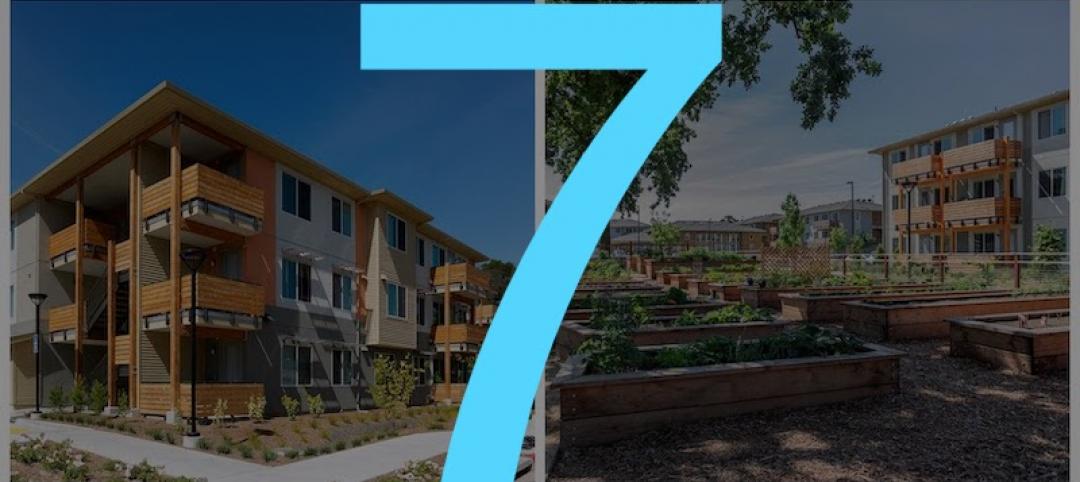Global design firm HOK has released research providing lab owners and developers guidance for reducing operational and embodied carbon to meet net zero goals.
HOK’s initial analysis indicates that it is possible to build and operate labs in accordance with the sustainable design goals of the RIBA and AIA 2030 challenges, according to the report’s executive summary. “The approaches studied in this analysis can significantly reduce the whole-life carbon (operational carbon + embodied carbon × building lifespan) of a lab building,” the document says.
Modelling revealed little difference between vertical and linear lab building forms in achieving net zero. But linear labs’ expansive roofs provide an advantage by allowing for more solar panel arrays.
The analysis examined new lab buildings, but the most sustainable option is to reuse and adapt existing buildings, HOK says. Lab buildings are significantly more energy intensive to operate than commercial office buildings and their embodied carbon also is much higher than typical commercial space. Labs demand far greater ventilation than most building types and are home to highly energy-intensive equipment that is often in operation 24 hours a day. Labs also require robust structural systems to limit building vibration and support heavy building loads.
HOK’s analysis looked at numerous strategies to reduce carbon footprint in lab structures. The report provides technical details on these approaches.
Related Stories
Codes and Standards | Jul 8, 2020
Standards for reducing risk of COVID-19 in senior living communities
AIA releases strategies and illustrations for the sector.
Codes and Standards | Jul 6, 2020
Guide presents benefits of public-private partnerships
Discusses process from project conception to construction.
Codes and Standards | Jul 1, 2020
COVID-19 public health guidelines may be downplaying building systems solutions
Emphasis on cleaning surfaces overlooks importance of mechanical infrastructure.
Codes and Standards | Jun 30, 2020
WELL building institute steps up health safety rating for hotels and resorts
Certification body forms advisory group of industry leaders and health experts.
Codes and Standards | Jun 30, 2020
7 must reads for the AEC industry today: June 30, 2020
Affordable housing comes to the Bay Area and this is not the end of cities.
Codes and Standards | Jun 29, 2020
Mandated building retrofits are necessary to meet climate crisis
Performance standards could greatly reduce GHG emissions.
Codes and Standards | Jun 29, 2020
New buildings can fall short of designed performance
Similar structures can produce different energy usage results.
Codes and Standards | Jun 25, 2020
Arc offers tools, analytics for safe workplace re-entry
Platform helps sustainability teams to collect data, benchmark progress, measure impact, and improve performance.
Codes and Standards | Jun 24, 2020
New API enables design and construction technology platforms to connect
Construction Specifications Institute offers “digital classification engine.”
Codes and Standards | Jun 23, 2020
State lawmakers encouraging transition to heat pumps for building heating
Policies aim to replace gas heaters with electric units.

















